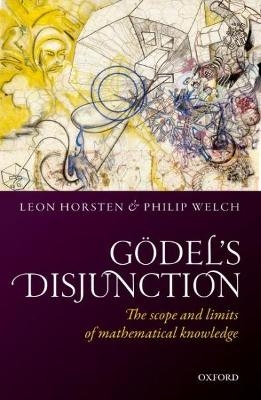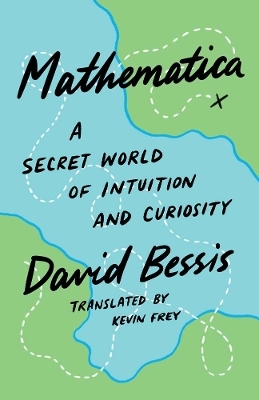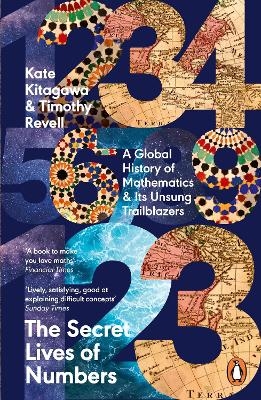
Gödel's Disjunction
Oxford University Press (Verlag)
978-0-19-875959-1 (ISBN)
The logician Kurt Gödel in 1951 established a disjunctive thesis about the scope and limits of mathematical knowledge: either the mathematical mind is not equivalent to a Turing machine (i.e., a computer), or there are absolutely undecidable mathematical problems. In the second half of the twentieth century, attempts have been made to arrive at a stronger conclusion. In particular, arguments have been produced by the philosopher J.R. Lucas and by the physicist and mathematician Roger Penrose that intend to show that the mathematical mind is more powerful than any computer. These arguments, and counterarguments to them, have not convinced the logical and philosophical community. The reason for this is an insufficiency if rigour in the debate. The contributions in this volume move the debate forward by formulating rigorous frameworks and formally spelling out and evaluating arguments that bear on Gödel's disjunction in these frameworks. The contributions in this volume have been written by world leading experts in the field.
Leon Horsten is a philosophical logician and philosopher of mathematics, working at the University of Bristol since 2007. His research is concentrated chiefly on bringing formal methods to bear on philosophical problems in the philosophy of science, the philosophy of mathematics, the philosophy of language, epistemology and metaphysics. Formal methods are meant to include not only logical methods, but also methods from other areas of mathematics and computer science (graph theory, probability theory, complexity theory, ...). Philip Welch is a set theorist and mathematical logician, working in Bristol since 1986. For the period 1997-2000 he was at Kobe University Graduate School setting up a research group in Set Theory. He is the author of some 75 papers in set theory, logic, theories of truth, and transfinite models of computation. He is a subject Co-editor for the Stanford Encyclopaedia of Philosophy for philosophy of mathematics, and is an Editor for set theory of the Journal of Symbolic Logic. His doctoral `grandfather' is Alan Turing, his supervisor at Oxford (1975-78) Robin Gandy, being Turing's only PhD student.
ALGORITHM, CONSISTENCY AND EPISTEMIC RANDOMNESS; MIND AND MACHINES; ABSOLUTE UNDECIDABILITY
| Erscheinungsdatum | 25.05.2016 |
|---|---|
| Verlagsort | Oxford |
| Sprache | englisch |
| Maße | 174 x 239 mm |
| Gewicht | 594 g |
| Themenwelt | Mathematik / Informatik ► Mathematik ► Geschichte der Mathematik |
| Mathematik / Informatik ► Mathematik ► Logik / Mengenlehre | |
| ISBN-10 | 0-19-875959-2 / 0198759592 |
| ISBN-13 | 978-0-19-875959-1 / 9780198759591 |
| Zustand | Neuware |
| Informationen gemäß Produktsicherheitsverordnung (GPSR) | |
| Haben Sie eine Frage zum Produkt? |
aus dem Bereich


